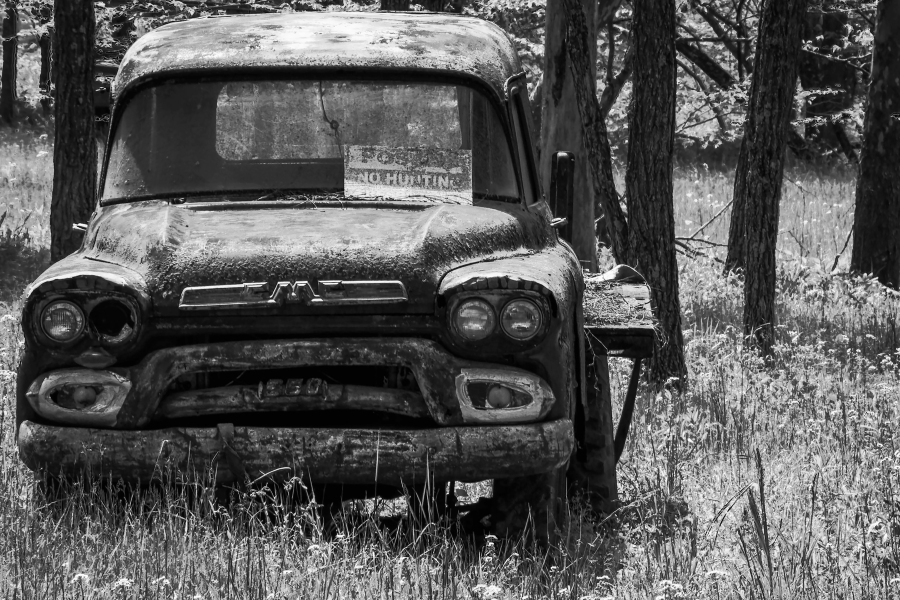Basketball
By Christopher Shipman
Mark was two years younger.
He was 10 to my 12. But Mark had a hoop
with a chain net, the post
planted right in his backyard, its slick metal
gleaming among his mother’s azaleas
and lilyturfs. It didn’t matter
that on our block two years meant
two lifetimes. We were fast friends anyway.
Had to be. The park wasn’t
too far but it was farther than I wanted.
Besides, his mother made the best
sweet tea and gave us all we could swallow.
That summer I honed my skills.
I’d finally have the chops
to take Jimmy Blake to the hole
the next season. That was my only thought
at the top of the key. Then the next
season started and I was 42
and living in another state, married
for going on 13 years, father to a daughter
who just celebrated her 10th birthday,
her smile gleaming among
three bouquets of assorted flowers adorning
the dining room for the occasion.
I can’t even remember what Jimmy Blake
looked like. The new season
will start up soon with or without him.
With no Mark nearby, I’ll air up an old ball
in the shed, head for the park.
Read More






